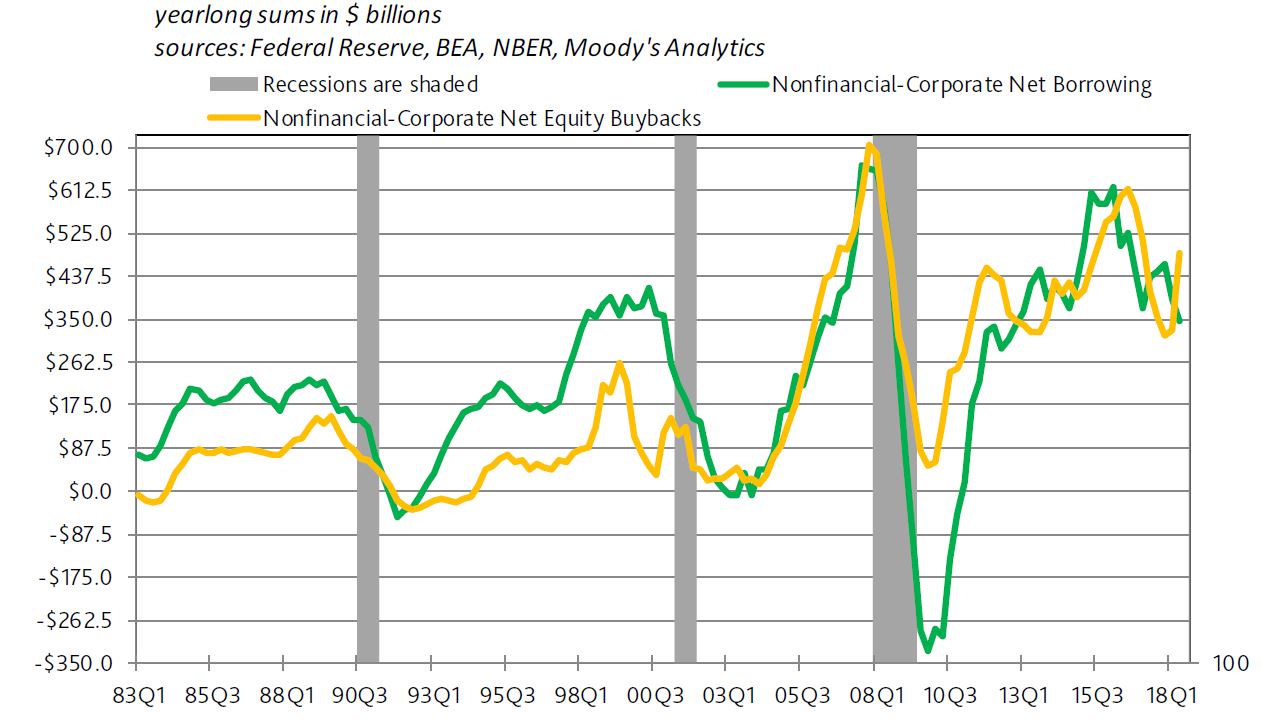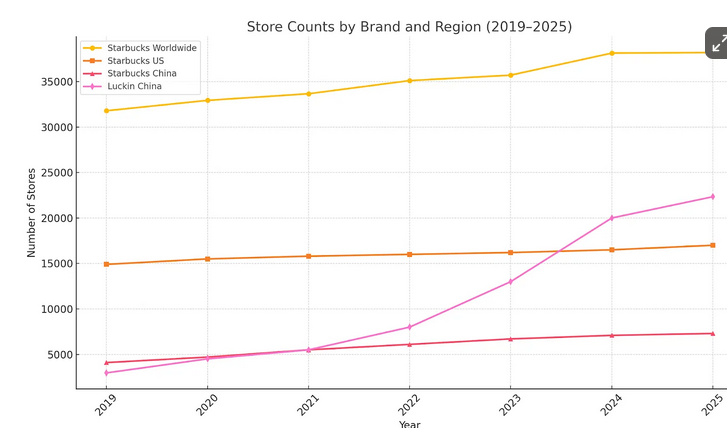It’s our annual fundraiser. We’ve raised a little over $5,400 from 37 people in the last eight days, out of our goal of $12,500. These donations help us cover the changeover of hegemony from America to China, environmental collapse, internal US fascism, what a better society would look like, Gaza, AI, the coming stock market crash and various other issues. It’d be great if you can help out (please don’t donate if your financial situation is dire.) You can Subscribe or Donate here or contact me at ianatfld-at-gmail-dot-com if you need another way to donate (mail, usually. A lot of cash apps don’t work in Canada.)
Fairly often I run across the following piece of reasoning:
There must be punishment, including punishment by God, because otherwise who wouldn’t want the fun of being evil?
This occasions some side-eye and sidling away from the person in question. “Uh, if you think evil is fun and are only good because of fear of punishment, something is wrong with you. And you’re dangerous if you ever think you can ‘get away with it.'”
Now this is a difficult topic because it requires us to talk about the fact that doing some types of evil IS fun for some people. Do I have to explain that rapists often enjoy raping someone?
Many years ago, and I can’t find it now, I read an excerpt from a book whose author had been a torturer during the Lebanese civil war. He wrote, quite seriously, that it had destroyed him because torturing someone was the most ecstatic experience, way better than sex, and now that he didn’t torture anymore, the entire world was gray and lacked any pleasure for him.
Power isn’t just an aphrodisiac, it’s an amplifier… Making someone else do what you want them to do is experienced by many people as very pleasurable. That they don’t want to, and force was used, makes people feel powerful and potent. Trickery, convincing people to do something that is against their interest, is likewise experienced as a rush. Con artists (including the really big ones like politicians, Obama, for example) revel in their ability to manipulate people, then betray them.
The human condition is weak. We are at the mercy of fate, luck, our bodies, and other people from the moment we’re born. As children, this is especially the case. Experiencing power, feeling that we aren’t weak, is, for many, the ultimate rush and the ultimate relief from fear.
Hurting people for your own benefit, successfully, is to experience power.
Almost every CEO and executive and almost all politicians experience this repeatedly. And, as many studies have shown, powerful people lose empathy. So they experience the upside of their evil without feeling the suffering of their victims.

It’s not just that he doesn’t care that they die, but that forcing them to die for him is a rush.
Now you don’t have to be super powerful to get this. Find someone weaker, and use your power against them. Weaker is relative: they could be physically weaker (your wife and kids, perhaps?) or they could be stupider (be a con artist) or they could just lack will and you have plenty (see henpecked husbands who are physically stronger and earn more money) or you could have managed to get into a management position and they need their jobs and have to do what you say, or else.
There are millions of variations: no matter how weak you are, there’s someone weaker, and you too can experience the retail version of the wholesale pleasure offered to a CEO or high-ranking politician. You’ll never get the full thrills of torture and murder of a George W. Bush or Netanyahu, but you can taste from the same sweet swill.
Evil is fun. And that leaves aside that the most evil people tend to wind up stinking rich as a side benefit.
I’ve made the case for evil, and I’ve done my best to make the strongest case I can, but I personally think you’re a fool to accept it or choose evil.
The problem with evil is that, as Tolkien pointed out, it consumes itself. You can never trust another person who is evil, not completely. For now, it may be in their self-interest to help you or at least leave you alone, but if you’re ever vulnerable and there’s enough at stake, well, they’ll come for you. You must always be strong, or you must be subordinate to someone stronger than you. That person will only protect you as long as it is in their self-interest. If you need to be sacrificed, so be it.
Safety requires good. The obvious solution is to be a free rider. Be evil, but live among good people. But, eventually, they figure out you’re evil, and the more people try to free ride, the more a society becomes evil, till the good people, even if not a minority, are effectively powerless. (This is arguably where the US is. Probably a majority aren’t evil, but who cares? They have no power. Israel, on the other hand, is a country where something over 90% of the non-Palestinian population is evil. There is no reservoir of evil larger than a muddy puddle.)
But it’s not just safety. Evil people care only about others when it’s in their interest. If you’re good and live with good people, you know that when you’re sick, broken, scared, or down, someone will help.
This is, really, true freedom. The knowledge that someone is there to help when you need help means you can take risks and you can do what you want, so long as it doesn’t harm other people. If you’re in an evil society, you must always be sure to have sufficient power (money is secondary; it means nothing if you can’t protect it). Your effective freedom is vastly restricted.
But perhaps most important, as good as the exercise of power feels, most of the enjoyable emotions in life are oriented towards good. There’s nothing quite like the warm feeling of love. There’s nothing like true friendship, the feeling of safety it gives, and the playfulness it allows. And as for power, the power of a good community is massive. When a group comes together to do something because the members all want to, not out of fear, the feeling of being part of something larger than oneself is wonderful. (Everyone should take part in a barn raising to get a taste of this.)
The price of evil is fear. Of knowing that you’re always in danger. Perhaps you’ll be the alpha predator who “wins”, the Barack Obama or Trump (though he often seems unhappy), or the Bush Jr., but for every winner, for every aspirational evil mastermind, there are millions of predators who are sometimes the victimizer, and other days the victim. People who always have to worry about who’s coming for them next.
Of course, if you live in an evil society, many of the benefits are lost. But even there, good people find each other and create their own small groups, and even if it’s just you, there is a satisfaction in virtue that is very real. There is a peace in being good, and knowing one has red lines and, oddly, in knowing that there are things one will not do to stay alive: that there are depths one will not sink to.
In the end, evil is about wallowing in pleasures that always have sickness to them, that never fully satisfy. The ecstasy of torture or rape or killing the innocent is real enough, but there is a filth to it, which is why such people often wind up with nightmares and PTSD, despite being the powerful ones who did the evil.
Those who want evil, who think it is fun, often wake one day to find the filth they have wallowed in has consumed them.
Evil has its pleasures, but they are not worth what they cost.
(The next article in this series will argue that China has defeated the US in large part because it has been more good, or less evil, than America for quite some time.)

 Starbucks sells expensive sugared drinks, and some of them have coffee in them. It’s been very profitable and despite some declines, remains so. The CEO was paid about $96 million last year. He was brought in to “turn Starbucks around”, and his main moves have been towards returning Starbucks to its roots as a “third place”, which is to say, somewhere other than work or home where people spend time.
Starbucks sells expensive sugared drinks, and some of them have coffee in them. It’s been very profitable and despite some declines, remains so. The CEO was paid about $96 million last year. He was brought in to “turn Starbucks around”, and his main moves have been towards returning Starbucks to its roots as a “third place”, which is to say, somewhere other than work or home where people spend time.
